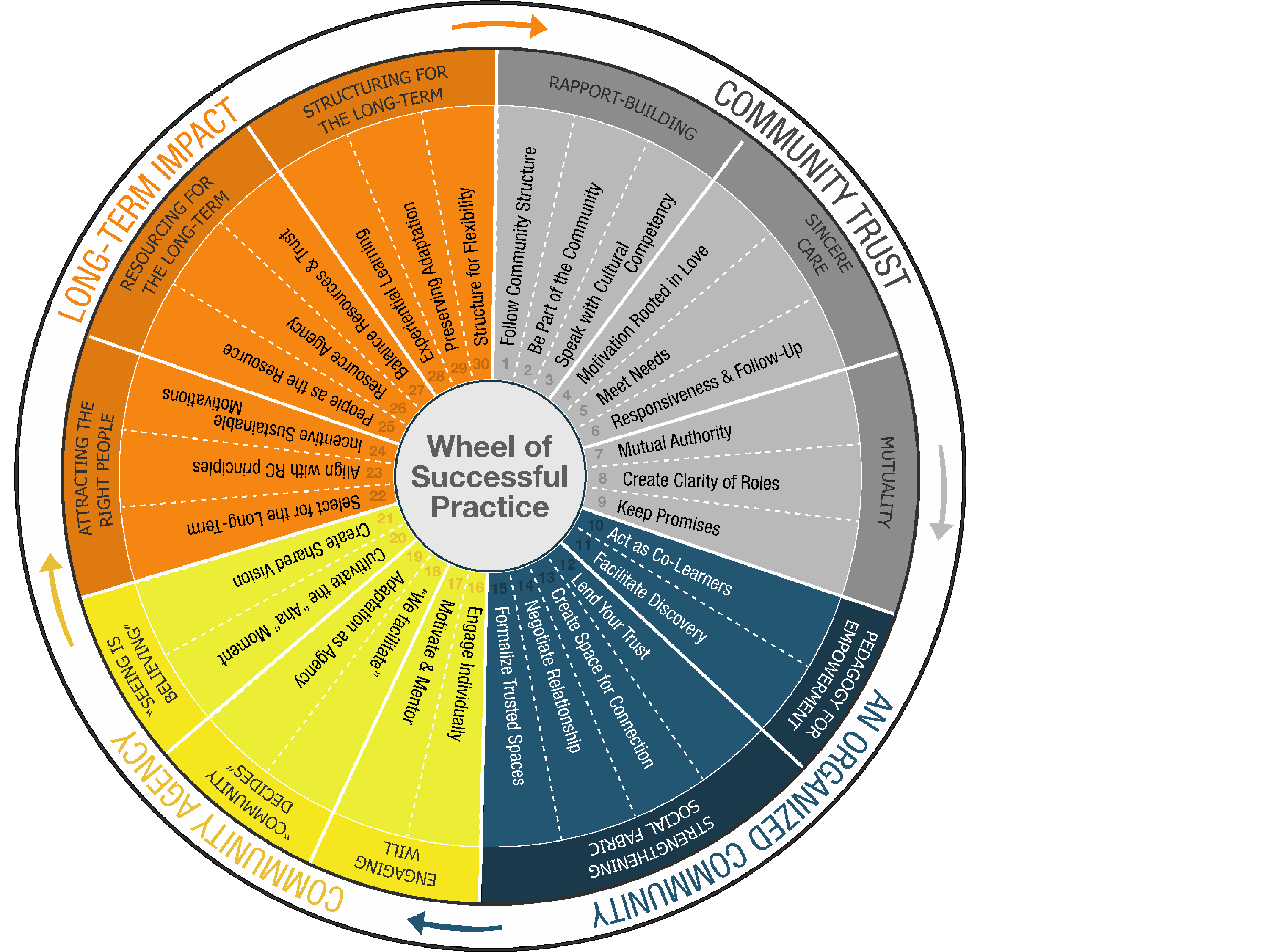Valuing what works – Success Factors in Disaster Preparedness

This report summarizes an 18-month, evidence-based study that sought to understand practitioner information needs by asking the question: What are successful Red Cross/Red Crescent (RCRC) preparedness practitioners already doing that works, and how can the organization better support their information needs in what they are already doing? A research team from the University of Washington conducted a qualitative, ethnographic study consisting of 116 interviews conducted across the 5 regions and multiple levels of the RCRC movement and six, two-week visits to national societies to observe and interview practitioners who had been named as doing good work by their peers within the RCRC.

